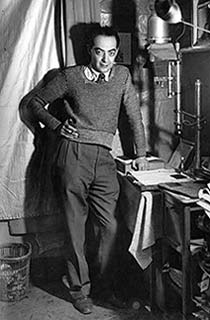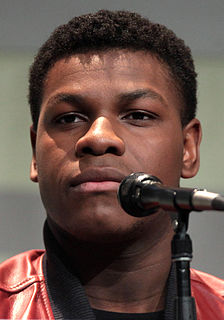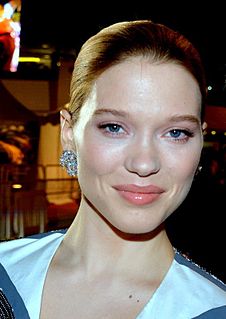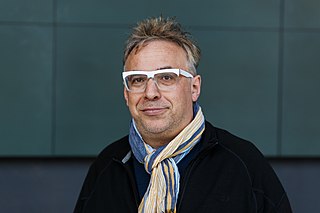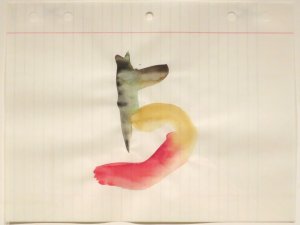A Quote by Jean-Paul Sartre
What I lacked [in La Nausee] was a sense of reality. I have changed since. I have slowly learned to experience reality.
Quote Topics
Related Quotes
My images were surreal simply in the sense that my vision brought out the fantastic dimension of reality. My only aim was to express reality, for there is nothing more surreal than reality itself. If reality fails to fill us with wonder, it is because we have fallen into the habit of seeing it as ordinary.
Reality became for me a problem after my experience with LSD. Before, I had believed there was only one reality, the reality of everyday life. Just one true reality and the rest was imagination and was not real. But under the influence of LSD, I entered into realities which were as real and even more real than the one of everyday. And I thought about the nature of reality and I got some deeper insights.
... what is faked [by the computerization of image-making], of course, is not reality, but photographic reality, reality as seen by the camera lens. In other words, what computer graphics have (almost) achieved is not realism, but rather only photorealism - the ability to fake not our perceptual and bodily experience of reality but only its photographic image.
The Western approach to reality is mostly through theory, and theory begins by denying reality - to talk about reality, to go around reality, to catch anything that attracts our sense-intellect and abstract it away from reality itself. Thus philosophy begins by saying that the outside world is not a basic fact, that its existence can be doubted and that every proposition in which the reality of the outside world is affirmed is not an evident proposition but one that needs to be divided, dissected and analyzed. It is to stand consciously aside and try to square a circle.
At its very core, virtual reality is about being freed from the limitations of actual reality. Carrying your virtual reality with you, and being able to jump into it whenever and wherever you want, qualitatively changes the experience for the better. Experiencing mobile VR is like when you first tried a decent desktop VR experience.
Since the initial publication of the chart of the electromagnetic spectrum, humans have learned that what they can touch, smell, see, and hear is less than one-millionth of reality. Ninety-
nine percent of all that is going to affect our tomorrows is being developed by humans using instruments and working in ranges of reality that are nonhumanly sensible.


